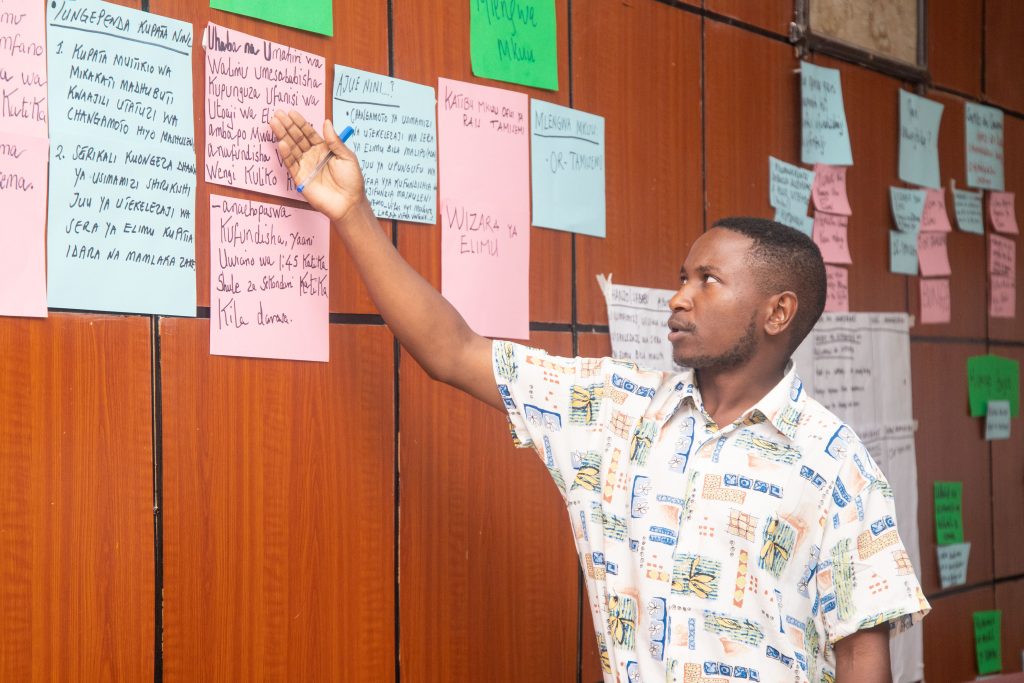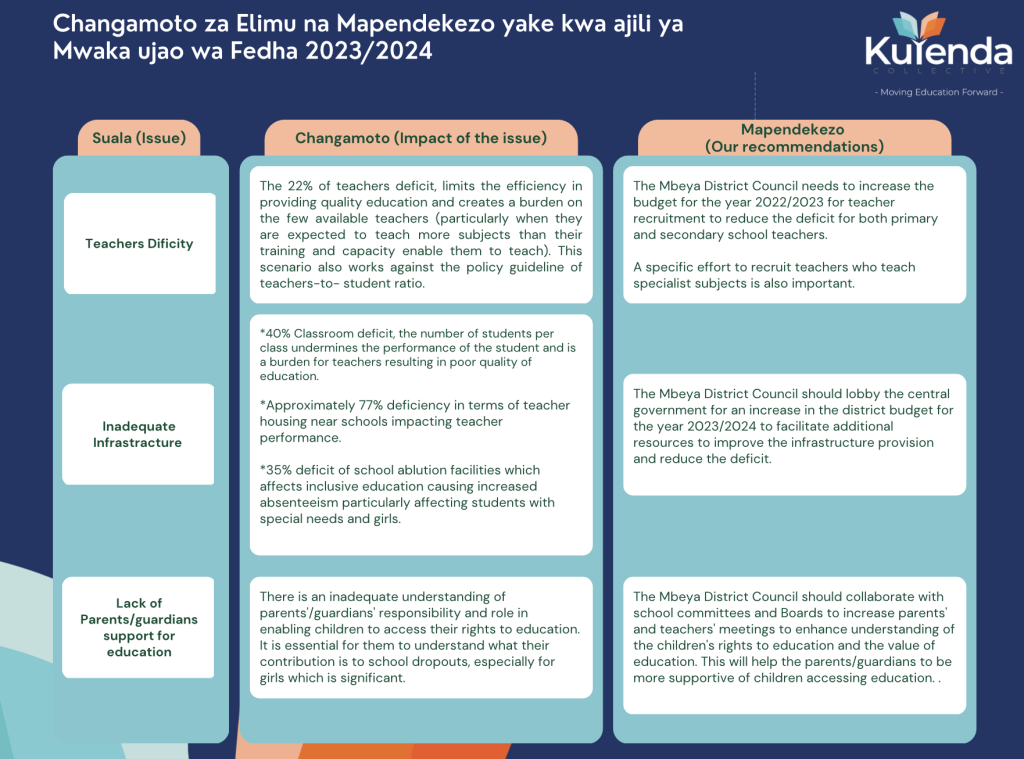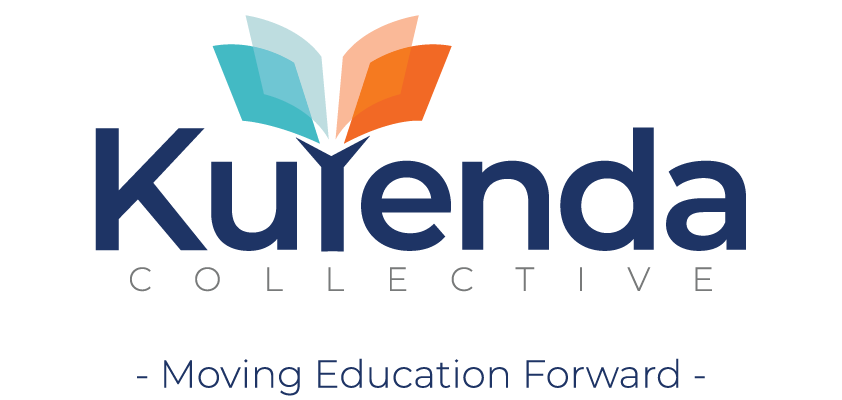
On the 27th February, 2023, out-of-school rural youth came together with the support of Policy Forum and their partner Voluntary Service Overseas (VSO) to reflect on their learning journeys identifying some of the challenges that caused them to exit the education system without achieving quality education. According to various reports on the implementation of education policy in Mbeya District, Tanzania, there are inconsistencies in the overall approach being taken. Other information sources included systemic information sources, which include; Basic Education Management Information System (BEMIS), Primary Record Education Manager(PREM) and School Information System(SIS). The greatest challenges faced in this district are; the development of school infrastructure, adequate teaching staff and the general attitude of parents and guardians when it comes to education.
In terms of infrastructure, whilst school buildings are certainly inadequate for the number of learners needing access to education, the existing facilities lack suitable equipment to enable learning. An example that was cited was that the total number of pupil toilet blocks (latrines) required is 120. However, only 78 units have been constructed in the district, leaving some schools with inadequate or no toilets. This is equivalent to 65%, supplied with a deficit of 42 toilets which is equivalent to 35%.
Another significant area of concern impacting the quality of education is that of teachers. Teachers in the Mbeya District are facing two key challenges; firstly, those teachers currently serving the district have a housing shortage. The housing requirement is 60 houses. However, there are only 14 houses available, equivalent to 23%. This leaves a deficit of 46 houses, equivalent to 77% of the housing requirement for teachers in the district.
Secondly, there is a shortage in terms of the number of qualified teachers working in the district. For example, in Tembela Ward, there is a requirement of 72 teachers to service the schools in the district. Presently there are 56 teachers working in the district across all schools, equivalent to 78% of the requirement. Therefore there are approximately 16 teachers less than required, equivalent to 22%. As it is, there is not sufficient housing for the 56 teachers in the district, and yet there is a need to increase this number to 72, which will create more pressure in terms of housing availability.
Whilst the Mbeya district still struggles to give every child access to quality education, it is important to note that some progress has been made in some areas of education delivery with good initiatives that have sought to address some of the systemic issues highlighted. The Mbeya District, in collaboration with the national government, has made efforts to improve education delivery in the district. For example, in Tembela Ward new teacher was recruited (reducing the teacher availability ratio by 5%. The ward still needed 20 additional primary and secondary school teachers in 2021/2022.
During the education year of 2021/2022, the government approved and funded the construction of 6 new schools. The provision of quality education depends on government initiatives and collaboration with community members to improve education outcomes. In that regard, the government needs to invest more in the education sector in order to provide a conducive environment for young learners.
The third area the Mbeya District Council can support interventions on is the attitudes and mindsets of the community about education with a specific focus on parents and guardians. There is a noticeable lack of parent/guardian support for young learners in accessing their right to education, which is hindering many young learners from accessing education and, therefore, significantly impacting the number of youth who complete the education journey. Cultural dynamics have been shown to play a key role in how parents/guardians view the relevance of education. Education is often not viewed from a cultural perspective as an important right for young people; therefore, it is not prioritised. The lack of value placed on education results in education too often being the first sacrifice made if family resources are scarce, for example. Too often, some young learners drop out of school because they do not have the financial means to attend school as it is not prioritised, or the young people are diverted into work or marriage at a young age.
In collaboration with the Mbeya District Council, community engagement on this issue would significantly impact these perceptions. Such campaigns can help parents and guardians learn more about the benefits of education for their children and families as a whole, which would reduce the number of dropouts as more young people will have parental support to attend and finish school. The youth who participated strongly believed that if the community was engaged in collaboration with the district council, it would be possible to realise the vision of ensuring access to education for all young Tanzanians.


